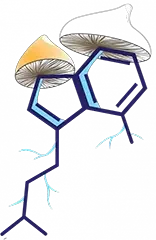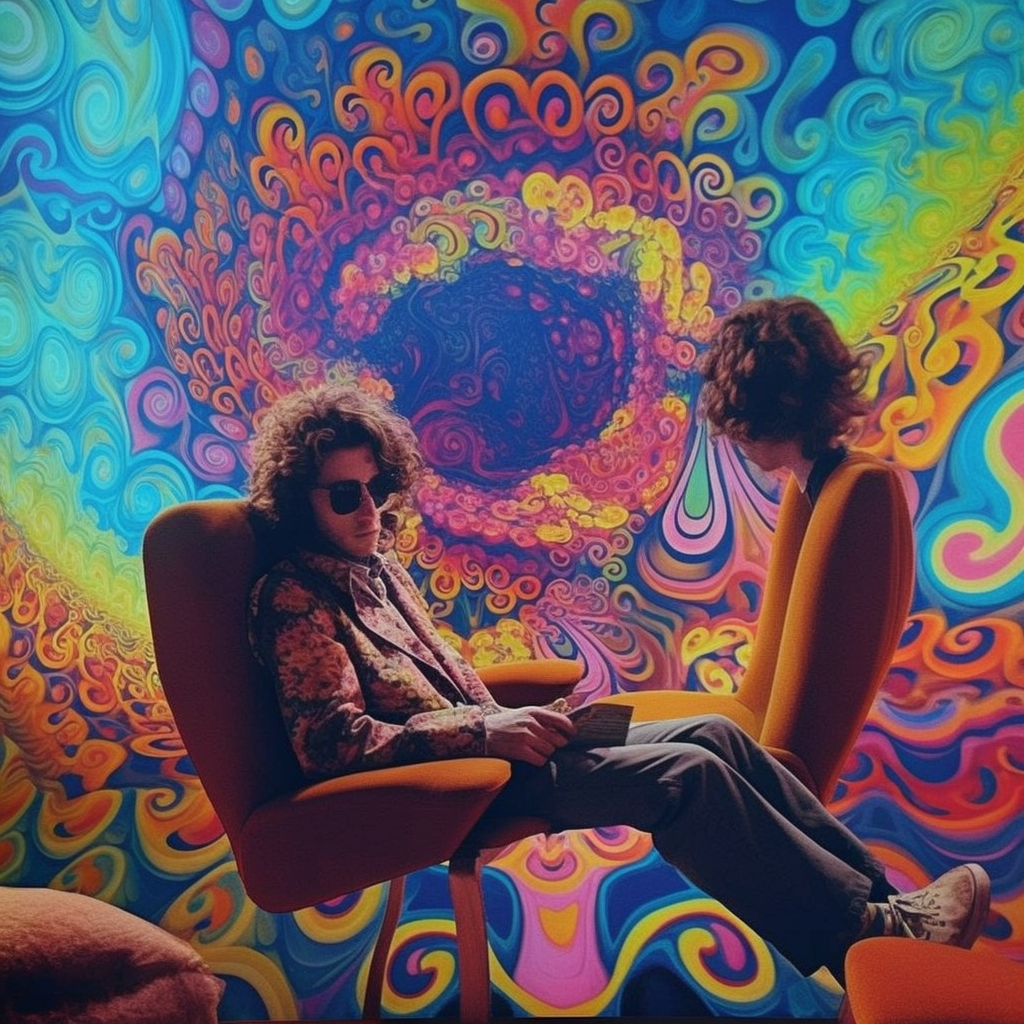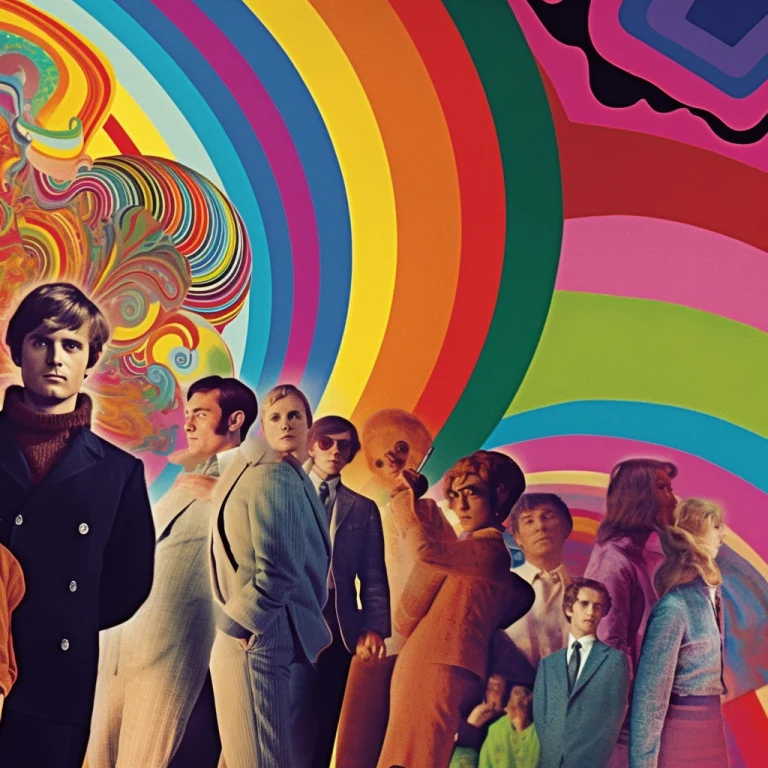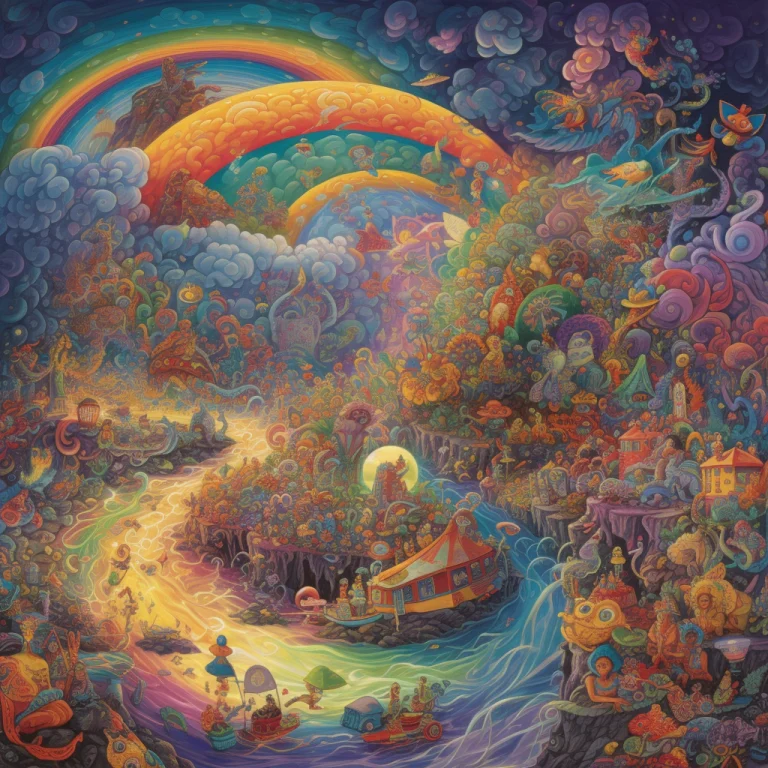The Science of LSD and Creativity – What Research Tells Us
The psychedelic substance, Lysergic Acid Diethylamide (LSD), is often associated with a kaleidoscope of experiences that can deeply influence human consciousness. More notably, it has gained attention for its supposed ability to inspire creativity. Reports of LSD stimulating out-of-the-box thinking and providing artistic breakthroughs have been numerous. But do these anecdotal accounts align with the lens of scientific scrutiny? This article aims to investigate the relationship between LSD and creativity from a research perspective, probing the intriguing interplay between this powerful psychedelic and the human ability to create.
Understanding LSD
LSD, first brought to life in the lab by the Swiss chemist Albert Hofmann in 1938, is a psychoactive drug that is capable of profoundly altering one’s consciousness, feelings, and thought processes. The counterculture movements of the 1960s saw LSD gain notoriety as a recreational drug, but it has also found a place in therapeutic settings and research studies. One key effect of LSD that warrants our attention here is its potential for boosting imaginative thinking.
Defining Creativity
Creativity, although universally acknowledged, is challenging to define due to its multi-faceted nature. Broadly, it refers to the ability to generate novel and valuable ideas, products, or solutions. It can express itself in a myriad of ways, including artistic works, scientific innovations, or everyday problem-solving scenarios. In scientific research, creativity is often evaluated using tasks that assess divergent thinking – the ability to develop multiple unique solutions to open-ended problems.
Historical Context of LSD and Creativity
The association between LSD and creativity can be traced back to the counterculture era of the 1960s, when artists, musicians, and writers often used the substance to fuel creative inspiration. Figures like The Beatles and Steve Jobs famously accredited their creative sparks to LSD experiences. These anecdotal accounts have contributed to the enduring cultural link between LSD and enhanced creativity.
The Neuroscience of LSD and its Potential Effects on Creativity
At a neurological level, LSD’s effects result from its action on serotonin receptors in the brain, influencing mood, cognition, and perception. Recent neuroimaging studies indicate that LSD can disrupt the brain’s default mode network (DMN), which is involved in self-referential thinking. This disruption may lead to a state of uninhibited thought and perception, described as ‘ego dissolution’. This altered state of consciousness might foster creativity by breaking down habitual thought patterns and encouraging novel idea connections.
Empirical Research on LSD and Creativity
Empirical studies exploring the connection between LSD and creativity are limited due to ethical and legal constraints. However, one such study conducted in the 1960s by psychologist Oscar Janiger showed promising results. He asked a group of artists to create art under the influence of LSD, resulting in artworks that were often more abstract and innovative, pointing towards an enhancement in creativity. Yet, these findings must be interpreted cautiously due to methodological limitations and the subjective nature of creativity assessment.
The Therapeutic Potential of LSD-Enhanced Creativity
The potential for LSD to enhance creativity extends beyond artistic applications and into therapeutic settings. There is growing interest in psychedelic-assisted therapy, where substances like LSD could enhance therapeutic processes by promoting creative thinking. This could enable individuals to explore new perspectives and solutions to personal and emotional issues. While anecdotal reports and preliminary studies seem promising, more robust scientific evidence is required to substantiate these claims.
Criticisms and Controversies
Despite its potential for fostering creativity, LSD use comes with significant criticism and controversy. Its unpredictable effects can sometimes lead to distressing ‘bad trips’. Ethical and legal considerations also pose considerable challenges for research. Importantly, while LSD might stimulate creative thinking, it doesn’t necessarily guarantee creative output or achievement.
Future Directions for Research
There is a clear need for more rigorous, controlled studies on LSD and creativity, given the current limitations and controversies. Future research could delve into various aspects of creativity, examine the long-term effects of LSD on creative thinking, and explore how to best leverage LSD’s potential creative benefits in therapeutic contexts. The potential implications of such research could reach far and wide, touching fields as diverse as psychology, neuroscience, art, and education.
Conclusion
While LSD’s ability to foster creativity is often reported anecdotally, and some research studies provide supportive evidence, the relationship between the two warrants further scientific investigation. The possibility that LSD can enhance creative thinking could have extensive implications, ranging from therapeutic applications to deeper insights into the nature of creativity itself. However, it is imperative to consider the risks, ethical issues, and challenges associated with LSD use. As we advance in this intriguing field of research, maintaining a balance between the quest for knowledge and respect for safety, ethics, and individual well-being is crucial.
Shroomhub is your most trusted online mushroom dispensary in Canada, dutifully providing quality products at the most competitive prices to customers across all territories. Our broad product range includes everything from micro-dose mushroom capsules to Psilocybin containing dried mushrooms, and even extends to LSD products and DMT. Shop online today and take advantage of our low prices and rest easy knowing the Shroomhub team as your order taken care of.



